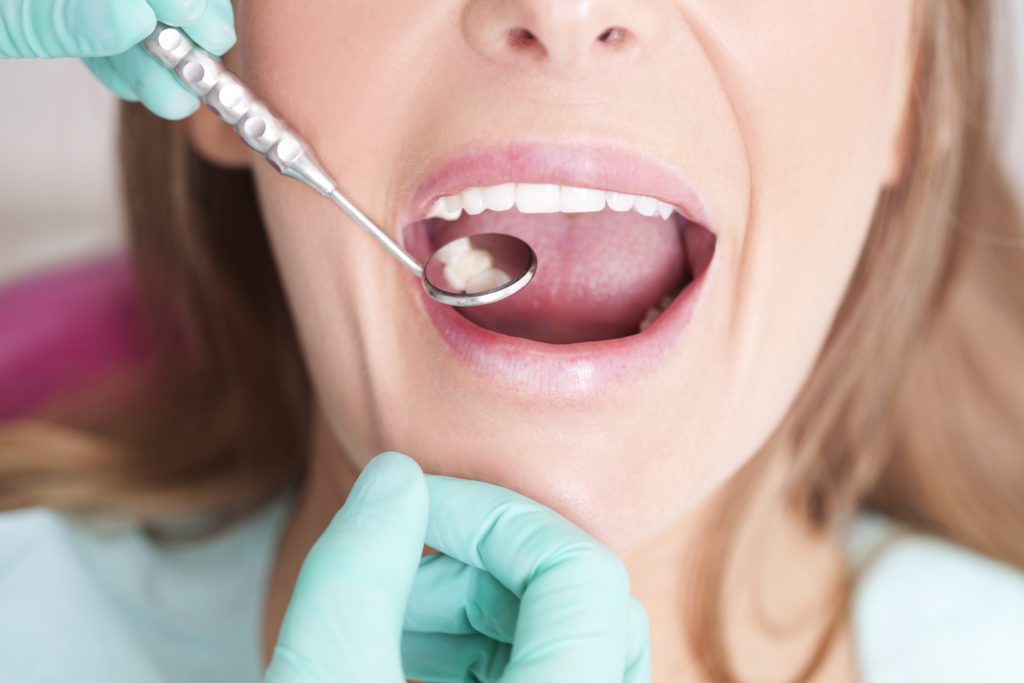If you have irritated, infected gums, please visit the dentist for immediate care. Patients who do not properly brush or floss are more prone to gum disease. Bacteria in the mouth feed on leftover food debris on the teeth and gums. The bacteria create digestive acids when feeding on this debris, which irritates the gum tissue.
Common symptoms of gum disease include red, bleeding, swollen, and sensitive gums. Gum disease begins as gum inflammation or gingivitis. However, over time, patients can experience gum recession and bone loss.
We treat gum disease in our Yardley, PA, dental office. If you have noticed signs of gum disease but don’t know how to reverse your symptoms, our team is happy to help you.


Gum Disease Treatments in Yardley, PA
Periodontitis, or gum disease, starts with gum inflammation. There are multiple stages of gum disease, and patients may experience different symptoms in different stages. Learn the different types of treatments for patients whether they have irritated gums or deep gum pockets:
Antibacterial Rinses
At routine dental appointments, we can provide antibacterial rinses that minimize harmful bacteria in the mouth. There are many types of beneficial bacteria that keep the mouth healthy. Antibacterial rinses remove bacteria that cause tooth and gum infections. Additionally, these rinses help patients reverse early symptoms of gum disease.
Deep Cleaning
Scaling and root planing are common cleaning treatments for patients with infected and irritated gum tissue. Our hygienists offer these treatments at regular visits to clean the gums and tooth roots.
Scaling treatment removes plaque and tartar on and beneath the gums. Root planing smooths down the tooth roots to help them reattach to the gum tissue.
Deep cleaning treatments address plaque and tartar. Plaque is a bacterial film that can coat the inside of the mouth. If the plaque stays in the mouth, it hardens to form tartar or calculus. It is much simpler for professional hygienists to remove hardened plaque, which is one of the reasons why routine appointments are so important.
Our team uses specialized dental tools to target plaque and tartar. Routine cleanings, including scaling and root planing, fight bacterial buildup to prevent gum disease.
Oral Surgery
We will refer you to a local periodontist or oral surgeon for severe gum disease. Oral surgeons may use traditional dental tools or dental lasers to remove infected gum tissue. Patients with gum recession also benefit from gum grafting. Grafting takes healthy gum tissue from one part of the mouth and then places the tissue over gum pockets.
We recommend oral surgery for patients with moderate to severe gum disease. Periodontal surgeries eliminate infected tissue and encourage new tissue growth. Patients do not have to worry about pain during these procedures with anesthesia and sedation.
Do you want to treat your gum disease once and for all? Call 267.592.3552 or schedule a dental appointment with Dr. Jennifer Kalochie on her website today. Let us know if you have current concerns or questions about your symptoms at your next consultation and we will be happy to assist you.
